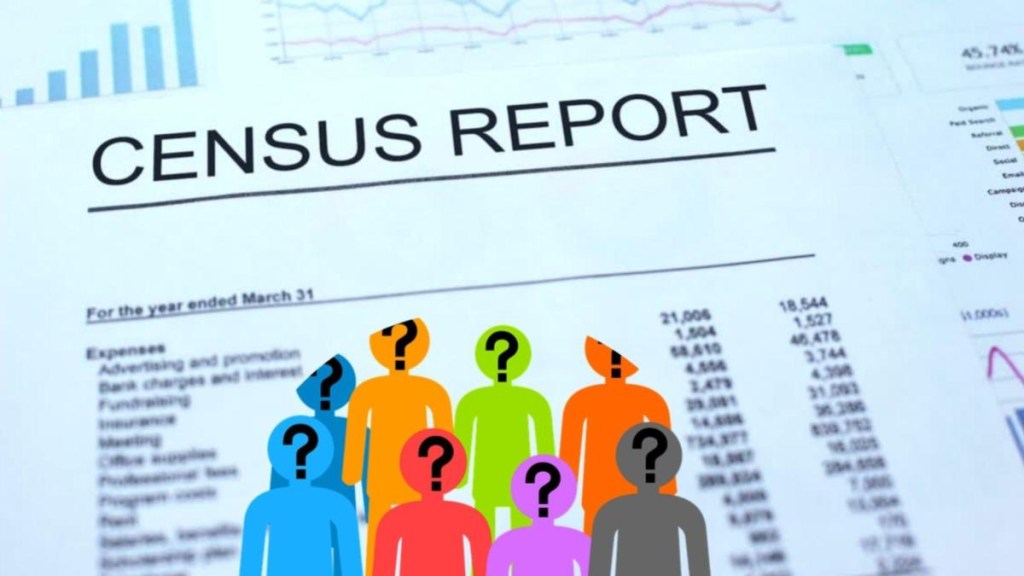The Rashtriya Swayamsevak Sangh (RSS) recently held its All India Coordination Committee meeting in Palakkad, Kerala. At a press conference after the meeting, Sunil Ambekar, the national prachar pramukh or chief spokesperson of the RSS, revealed that population data may be needed for development purposes of a few castes. So, he added, the government may conduct a caste-based survey, but it should be used for development and not merely as an instrument for politics, especially the electoral kind.
In the process, the Sangh quashed rumours and cleared its position on caste census, over which political parties in the opposition have repeatedly targeted the Bharatiya Janata Party (BJP) and the RSS. I am of the view that the RSS keeps taking positions on various controversial and contested issues in an inclusive and progressive manner. Ambekar, in his recently published book on the RSS, detailed various examples of how the Sangh has taken an unconventional stand on issues such as transgender rights.
The issue of reservation has remained a problematic one for the Sangh and it has always faced criticism over it. However, the RSS has so far reiterated that until deprivation and poverty remain in society, reservation has a transformational relevance in India.
In official statements as well as in public meetings and interactions with the media, RSS chief Mohan Bhagwat and general secretary Dattatreya Hosabole have clarified the social relevance of reservation in Indian society. Despite that, the RSS is constantly attacked by a section of the media, politicians, and academics by selectively quoting old statements of the Sangh to interpret an ambiguity in its stand on such vital issues.
According to my study of the Sangh and its documents on social mobilisation, the RSS tries to keep in constant touch with the people and feel their pulse through its large network of shakhas, which helps take a position on sociopolitical issues. In effect, the Sangh plays a dual role: on the one hand, it interacts with the public and seeks their opinions; and on the other, it works as a catalyst for change in creating a cohesive and inclusive society. The RSS is a victim of a stereotype and perception.
The Sangh has been wrongly perceived and projected by a section of opinion makers due to a confusion on issues that were reflected in its stance at a point of time because of historical reasons. As many senior pracharaks have explained, the main objective of the Sangh is to resolve contradictions in society to make it more cohesive. So issues such as extending the limits of reservation or caste census sometimes pose challenges for the organisation. But the RSS, through its deep connect with people, negotiates such challenges successfully.
At a time when India is setting a goal of Viksit Bharat, aiming to soon emerge as the third-largest economy and achieve multidimensional development, conflictual issues such as politics around reservation, demand for caste survey, and caste assertions are becoming more pronounced.
It was believed that a neoliberal economy might slowly dilute conflictual and divisive issues. It is also perceived that a neoliberal era would be one of moving ahead leaving such issues behind. But the political and societal emphasis on issues that have a polarising potential may deviate India from its path of Viksit Bharat or place road bumps in the journey of making India cohesive. In such a situation, those engaged in a mission to develop India may have to spend extra time and attention in healing social wounds first. Prime Minister Narendra Modi has focused on his goal of transforming India into a developed nation. In this context, politics around reservation and caste census have opened a new front for him and the BJP.
Modi is striving to reorient India from the politics of caste to that of development. It is reflected in his comment that India has only four castes — women, youth, poor, and peasants. However, the calls for caste census may revive thousands of caste-based identities which may compete with each other to grab opportunities offered by social justice-based reservation and protective discrimination policies.
The revival of caste politics could affect the Viksit Bharat mission in three ways. First, it may shift focus towards a politics around social justice that is more about welfarism than development concerns. Second, it could check aggressive market-led development measures, which is one of the prerequisites for Viksit Bharat. Third, it could weaken a political organisation like the BJP.
In electoral politics, strident caste politics may fracture the BJP’s position, as it is trying to weave a meta-narrative of nation, Hindutva, and development to woo voters. Caste politics could certainly fracture these points on which BJP’s politics is founded. And the upcoming Assembly elections in states such as Haryana and Jharkhand are going to be influenced by the issue of reservation. It may detract a section of non-Jat Other Backward Classes and Dalit voters from the BJP and bring them closer to the Congress because the latter is trying to project itself as a campaigner for caste survey and expanding the reservation quota determined by legal and constitutional provisions.
As we know, the success of any development mission lies in a foundation of peace and cohesiveness in society. The re-emergence of caste politics could pose a challenge in that respect. That is why Ambekar cautioned against using caste census as a political instrument. The RSS is going to celebrate its centenary in 2025. We need a balanced review of its history and role in Indian society, by removing biases stemming from stereotypes. Aside from the RSS stand on reservation and caste census, these issues pose larger questions for the nation and society.
The author is Director at GB Pant Social Science Institute, Allahabad.
Disclaimer: Views expressed are personal and do not reflect the official position or policy of Financial Express Online. Reproducing this content without permission is prohibited.

